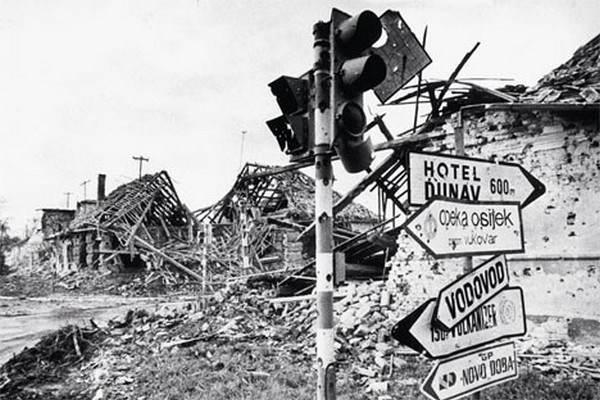
Our baba doesn’t say fairy tales – Atina
Facilis descensus Averni: Noctes atque dies patet atri ianua Ditis; Same revocation gradius superasque escape ad auras, Hoc opus, hic labor est [1]
Tekst koji slijedi predstavlja pokušaj promišljanja događaja vezanih uz raspad Jugoslavije. Cilj i sadržaj vezani su uz probleme za koje primjećujemo da opterećuju javnu sferu grčkog pokreta. Namjera nije da se izloži nekakva “istina”. Ona je kamen spoticanja od kojeg se odavno odustalo. Namjera je radije iznijeti specifičnu verziju nečega za što smatramo da predstavlja ulog u oblikovanje primjera i problema, koji bi nam u ovom trenutku mogli biti od koristi. Kada tvrdimo da imamo za cilj biti od koristi u sadašnjici, govorimo o ulogu u komunizam kao teorijskom istraživanju i praktičnom procesu, koji teži potpunom ukidanju vrijednosti kao društvenog odnosa,1 njegovu homogenizirajuću i disciplinirajuću funkciju, te ukidanju kapitalističke države. Također, iz iste perspektive i s istim ciljem, postavljaju se i pitanja historiografije, povijesti i logike. Koncept povijesti direktno je vezan uz značenje i formu subjekta koji tu povijest čita, te zauzvrat, s društvenim silama koje oblikuju sam subjekt: sile kapitalističkog društva i njegovih kontradikcija.
